A fuel pump plays a crucial role in ensuring its proper functioning. Whether for installation or upgrade, you should invest in an original or aftermarket fuel pump that meets the requirements. Plus, regular inspection is a wise practice as it helps prevent breakdowns during the operation of your construction machinery, which nobody desires.
What is a fuel pump?
A fuel pump is a vital component that supplies fuel to the engine to ensure proper combustion. It is typically located inside the fuel tank. In the case of construction machinery, such as excavators, bulldozers, loaders, etc., usually employ diesel engines as their power source. The function of a diesel pump is similar to other diesel engines, drawing fuel from the fuel tank or fuel supply system and delivering it to the engine to provide the required fuel. Without a pump, fuel would not reach the engine, and the pistons would lack sufficient fuel to power the transmission system.
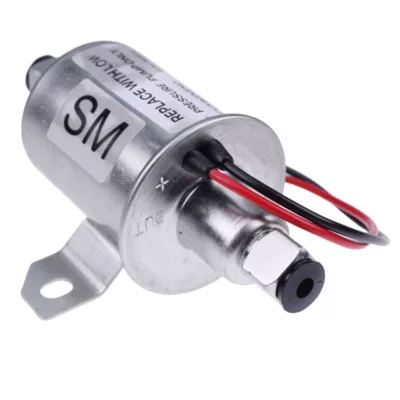
How does an engine fuel pump work?
The fuel pump in construction machinery typically operates within a diesel injection system. Fuel enters the fuel pump from the fuel tank or fuel system. It passes through a filter to remove impurities and particles, ensuring clean fuel. The fuel is then pressurized through internal mechanisms such as plungers or roller pumps, driven by mechanical or electric means. The pressurized fuel is pushed to the injectors or injector pump, creating high-pressure fuel injection. The injectors, controlled by signals or mechanical devices, ensure that fuel is injected into the engine’s cylinders at the appropriate timing and quantity. Finally, the injected high-pressure fuel mixes with air in the cylinders undergoes ignition, and generates explosive combustion, driving piston movement and providing power output to the engine.
How can I test my fuel pump?
To ensure that the fuel pump is functioning properly, you can test the fuel pump before use. You can follow these steps:
- Check if the fuel pump is supplying fuel to the engine properly. Ensure that the fuel pump is drawing sufficient fuel from the fuel tank or fuel system and delivering it to the engine’s fuel system.
- Use a fuel pressure testing tool to measure the fuel pressure output of the fuel pump. Compare the measured fuel pressure with the specifications of the construction machinery to ensure that the fuel pump is providing sufficient pressure to meet the engine’s requirements.
- Inspect the fuel pump and the corresponding connections for any fuel leaks. Check the fuel lines, fittings, seals, etc. Fuel leaks can result in inadequate fuel supply or hazardous situations and should be repaired promptly.
- Check if the fuel filter is clean and replace it if necessary. A clogged fuel filter can impede fuel flow and affect the proper functioning of the fuel pump.
- Inspect the fuel injectors for proper operation, ensuring that the fuel injection quantity and timing meet the specifications. Clean or replace the injectors if necessary.
- Perform a dynamic test by observing the performance of the construction machinery and the fuel supply to the engine. Observe the engine’s starting condition, idle stability, acceleration response, and fuel supply during load operation to assess the performance of the fuel pump.
6 signs of a bad fuel pump
If you have driving experience or are familiar with heavy equipment, you may know how a properly functioning engine sounds. However, components sometimes fail, resulting in improper engine operation. To ensure optimal performance, all faulty components, including the fuel pump, need to be diagnosed and repaired or replaced.
A malfunctioning fuel pump can lead to loss of power, unstable acceleration, and even severe damage to other engine components. Therefore, to determine if the fuel pump has issues, you need to know how to diagnose a faulty fuel pump and when to replace it to avoid costly engine damage.
Loss of power
You may experience a lack of power when accelerating or a jerking or intermittent sensation while driving. The fuel pump may not be delivering the required amount of fuel or not receiving it at the proper rate, resulting in a loss of engine power or unstable acceleration.
Difficulty starting the engine
When you start the vehicle, you should hear a humming sound from the fuel tank, indicating that the fuel pump is working correctly. If the humming sound is faint or not heard at all, or if you experience multiple start attempts or immediate stalling after engine startup, it indicates a problem with the fuel pump.
Engine stalling
A faulty fuel pump can cause the engine to suddenly stall while driving. This may occur during acceleration or at high speeds, posing risks and inconvenience.
Unusual noise
A fuel pump with issues may produce abnormal noises such as whining, hissing, high-pitched sounds, or excessive vibrations. These noises could be due to worn or damaged internal components of the fuel pump.
Flashing check engine light
If there is a problem with the fuel pump, it often results in the flashing or continuous illumination of the fuel injection indicator light. To diagnose fuel pump issues, you need to check this component. The indicator light is typically located on the instrument cluster on the side of the steering wheel.
Reduced fuel efficiency
If you are using more diesel than expected, it could be indicative of a fuel pump problem. In such cases, the fuel pump may be delivering excessive gasoline to the engine, causing the fuel in the tank to deplete faster.
How to take care of the fuel pump?
If you don’t want to accidentally damage your equipment, you should maintain your fuel pump every 6 months. And, it is recommended to clean the fuel tank at least once a year. Regular cleaning of the fuel injectors ensures proper injection and fuel atomization of the fuel injectors, as the fuel pump injects fuel into the engine through the injectors.
Cleaning a fuel filter is usually relatively simple, and you can try to do it yourself. You can check out our how-to article on how to clean a diesel fuel filter for detailed instructions. However, if you’re unsure or unfamiliar with the process, it’s best to take your car to a repair shop for repairs and maintenance.
Are fuel pumps expensive to replace?
The cost of replacing a fuel pump can vary depending on factors such as the brand, model, and year of the vehicle. Prices can range from tens of dollars to over a thousand dollars. If you are looking for cost-effectiveness, why not choose aftermarket fuel pumps with OEM quality assurance? Many suppliers around the world specialize in aftermarket parts, allowing your construction machinery and agricultural equipment to continue operating efficiently.
Are aftermarket fuel pumps any good?
Yes, aftermarket fuel pumps are good. Professional suppliers or one-stop online shops can provide high-performance aftermarket fuel pumps that are compatible with your equipment and also perform excellently. This is one of the reasons why many people choose aftermarket options. If you intend to aftermarket fuel pumps, welcome to check out the website fridayparts.com and rich brands are available here.
Fuel pump buyer’s guide
-
Vacuum Fuel Pump for Mikuni Briggs & Stratton
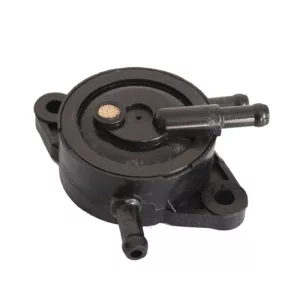
It operates using the vacuum generated by the engine, so no additional power source is required. It is suitable for Briggs & Stratton, Kawasaki, Honda, etc. Please note that it is not compatible with fuel containing more than 10% ethanol.
Price: $10.90
Part Number: 808492, 808656, 491922, 692313, 691034
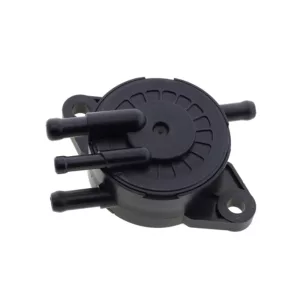
The term “nipple” in “Nipple Fuel Pump” refers to a connector or fitting with a raised or protruding shape. This design ensures a secure connection between the fuel line and the fuel pump, ensuring stability and reliability of the fuel supply. They fit Honda Generator EB10000, Engine GX series, and more. Importantly, they are not compatible with fuel containing more than 10% ethanol.
Price: $19.99
Part Number:16700-Z6L-003, 16700Z6L003
-
Fuel Pump AM876266 for Yanmar Engine
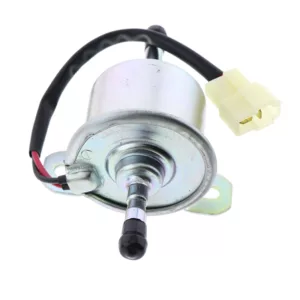
Fuel Pump AM876266 is designed for Yanmar and John Deere equipment, and can be used in Yanmar Engine, John Deere Tractor, Backhoe Loader, Mower, Excavator, and Utility Vehicle. View more here.
Price: $19.99
Part Number: AM876266
-
12V Electric Fuel Pump 01491828 1491828 for Onan
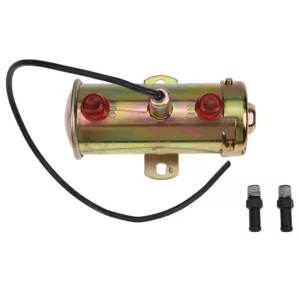
Onan electric fuel pump can obtain proper fuel flow under various working conditions, providing accurate fuel pressure and flow. For more, please refer to: www.fridayparts.com/12v-electric-fuel-pump-01491828-1491828-for-onan
Price: $45.00
Part Number: 01491828, 1491828, 149-1828, 0149-1828
-
Electric Fuel Pump for Kubota Tractor and Mower
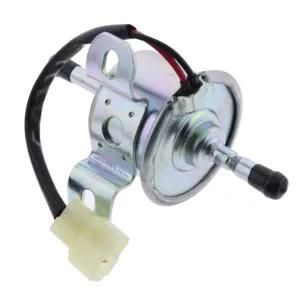
This electric fuel pump is specially designed and manufactured for Kubota brand tractors and lawn mowers, mainly driven by electricity, pumps fuel and sends it to the engine combustion chamber to ensure the normal operation of the engine and provide the required fuel supply. Fit for Kubota G/GR/T/TG series and Z series zero turn mower, lawn tractor.
Price: $45.99
Part Number: EG371-52020, EG37152020, EG371-52023, EG37152023, 12692-52030, EG371-52024,1269252030, EG37152024
Takeaway
FridayParts offers a wide range of high-performance aftermarket fuel pumps and components. Each fuel pump is crafted with top-quality parts and components to ensure durable and trouble-free operation. Explore our diverse selection of fuel pumps and parts, which are designed to deliver the performance you need.



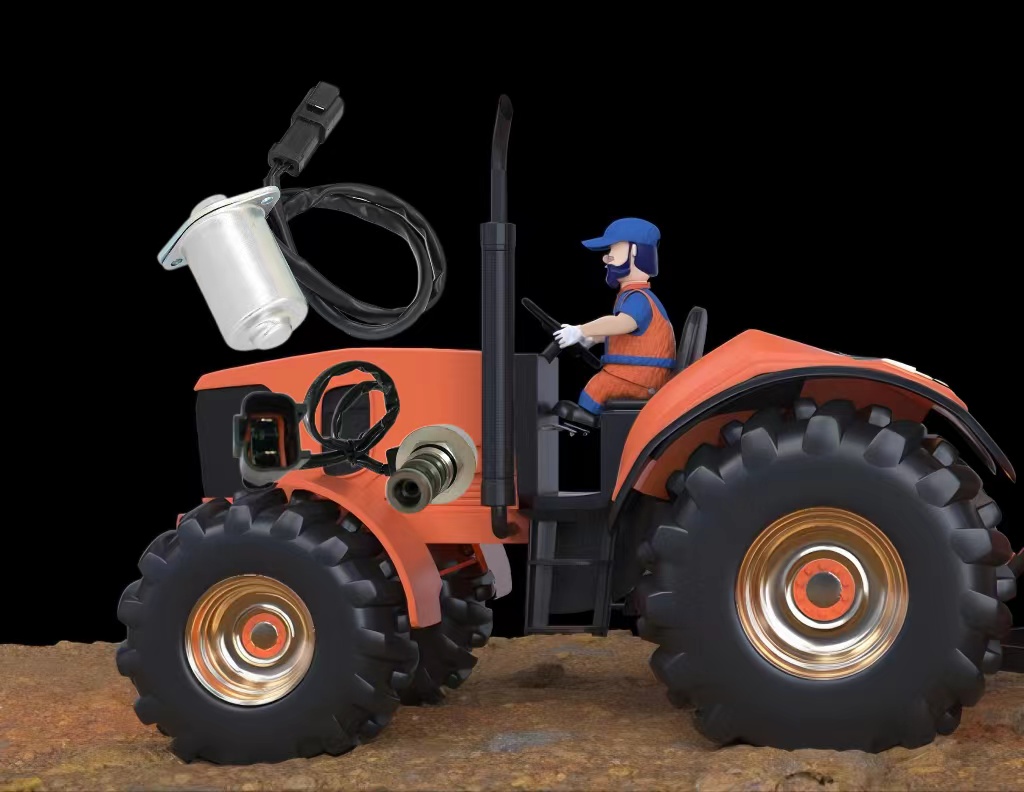

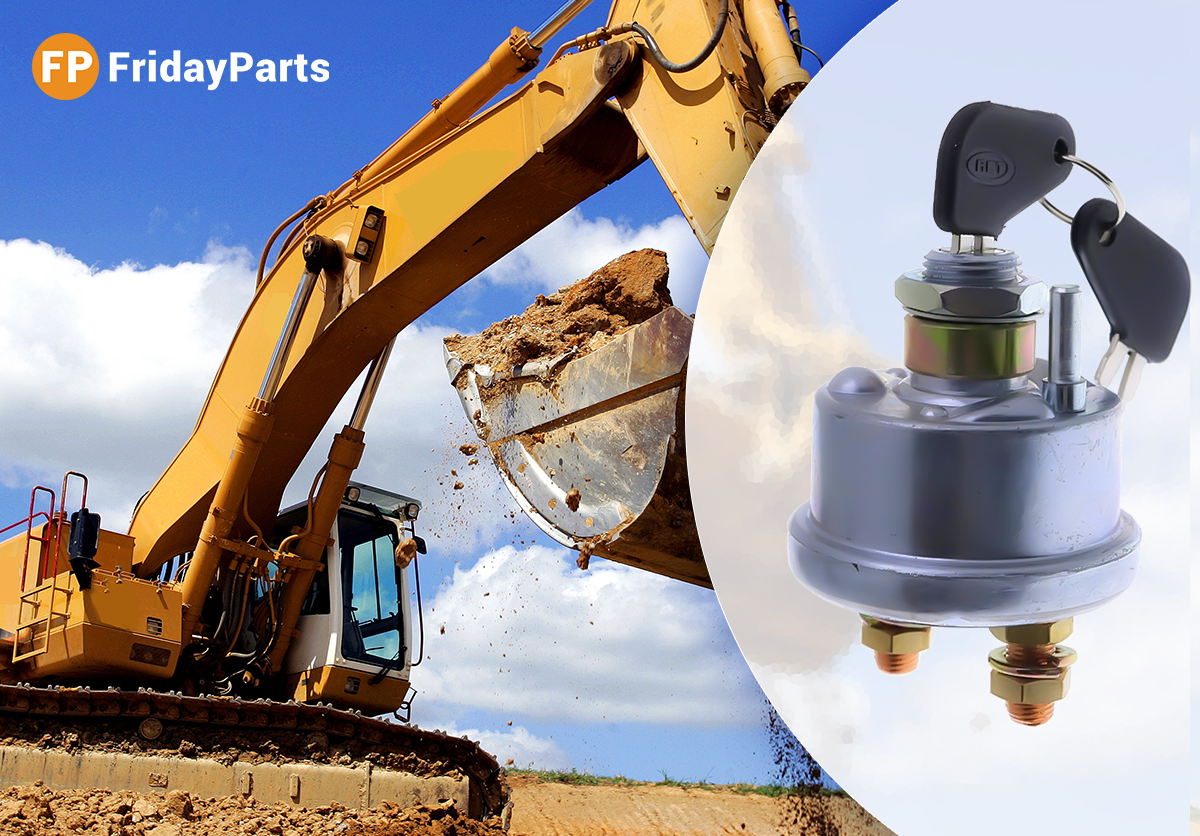

Leave A Comment